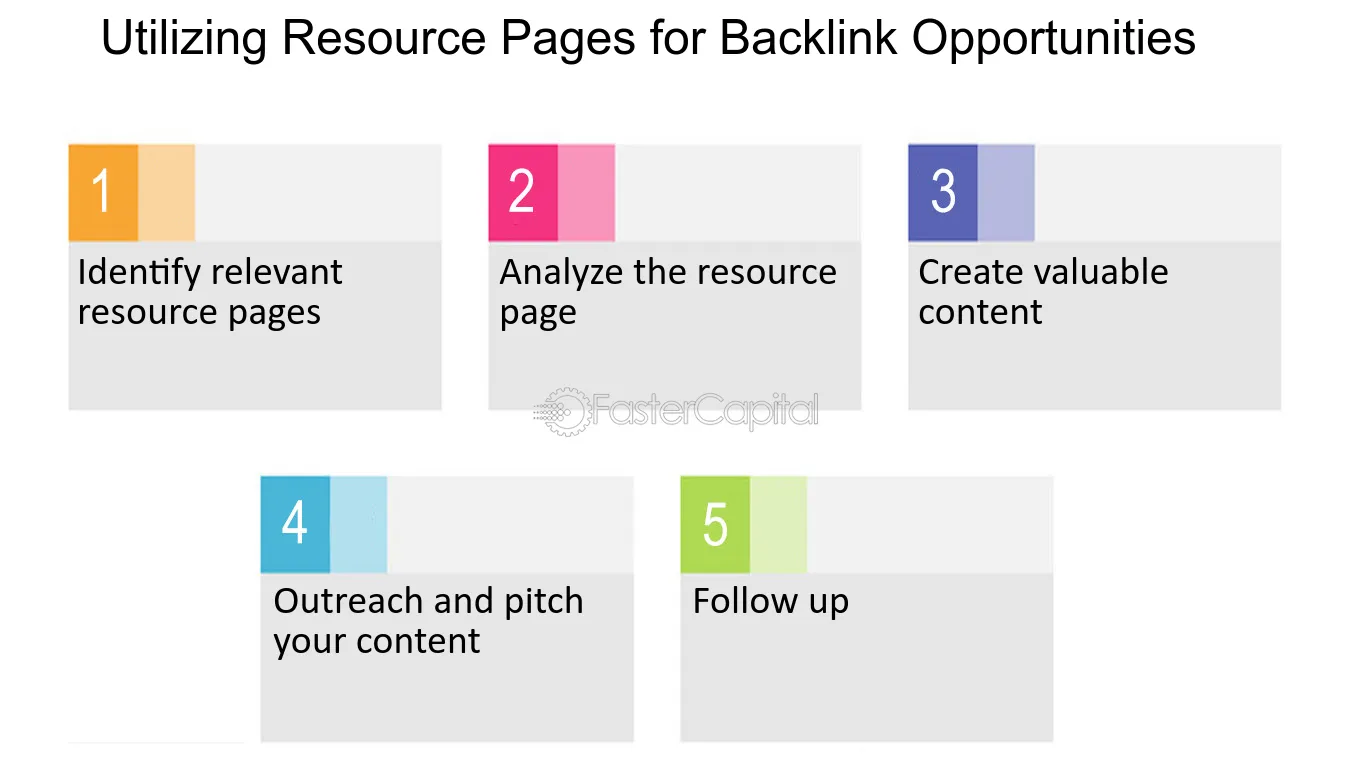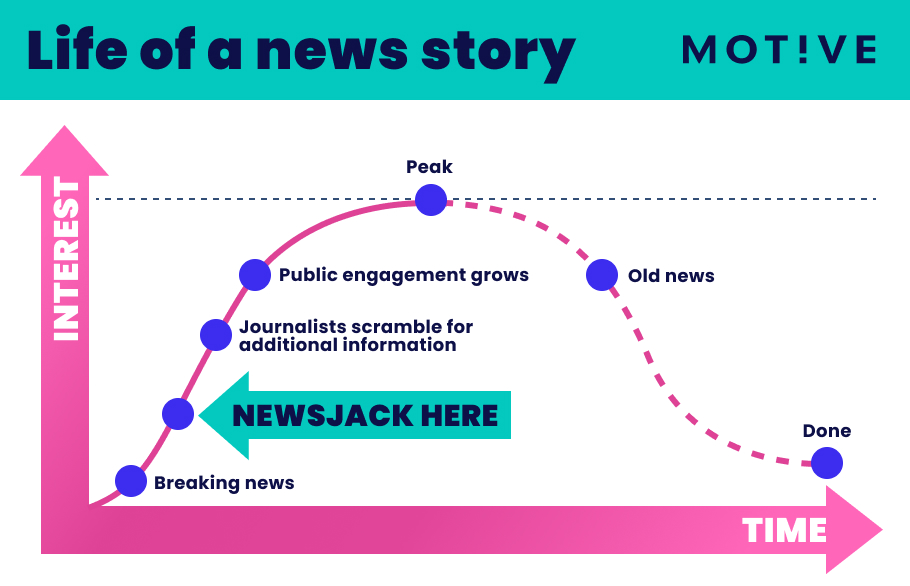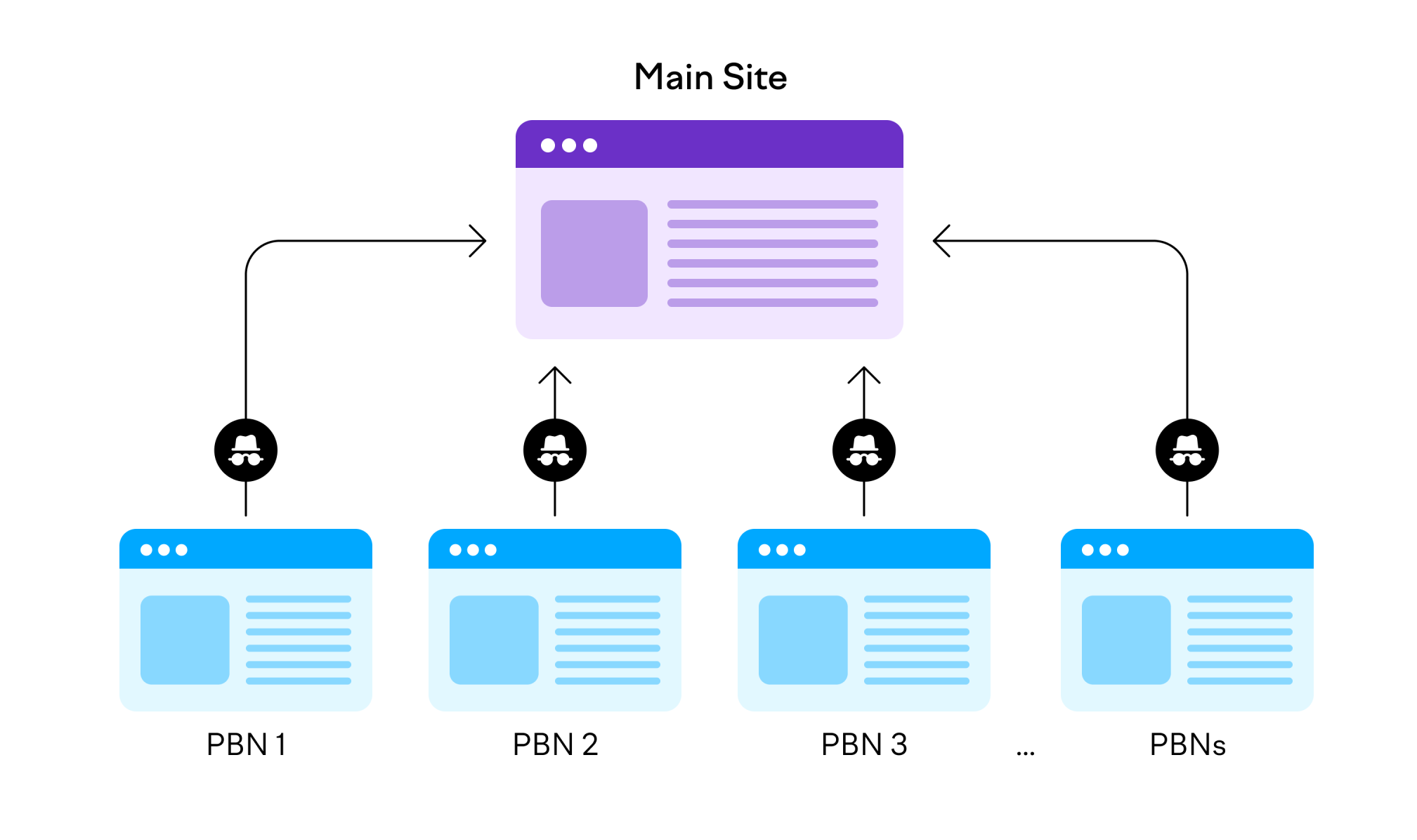
Small Niche Link Building: Effective Strategies
Small Niche Link Building: Effective Strategies
Securing quality backlinks has always been an essential part of propelling a website to the top of the search engine rankings. If you’re new to the concept, check out this complete guide on how to create backlinks for your website for foundational strategies before exploring niche-specific tactics. In mainstream industries, link-building is already complicated, but it becomes even more challenging when the playing field is narrow, resources are limited, and your audience is made up of a tightly focused group. Yet, small niches often present an unexpected advantage: well-built backlinks here can have an outsized effect. For those operating in highly specific markets, let’s look at smart, actionable ways to activate link-building without feeling like you’re running into a brick wall.
Recognising the Dynamics of Small Niches
Working in a corner of the internet where your topic feels obscure might initially seem limiting. However, this tight focus often brings together a much more passionate community, ready for relationships and collaboration. While the number of potential link sources is smaller, the relevance and authority can be more concentrated.
Before diving into tactics, it’s important to understand the lay of the land:
- You’ll encounter fewer direct competitors.
- Content saturation is typically lower.
- There’s a higher value placed on strong, authentic relationships.
- There’s less tolerance for generic or manipulative tactics.
This backdrop shapes the best approaches: every outreach, every piece of content, and every partnership needs to be tailored, purposeful, and above all, genuine.

Building Authority from Within
One common mistake is to look immediately outside the niche for backlinks. While external links do have their place, prioritising your sector first generates trust and often leads to long-term linking relationships.
Start by:
- Curating a list of related websites, blogs, forums, and discussion boards, even if initially they seem unrelated. Small niches often overlap with adjacent topics.
- Analysing where your direct competitors or similar sites get their links. Tools like Ahrefs, SEMrush, and Moz can help map out this landscape in a matter of minutes.
- Identifying thought leaders, active community members, and frequent contributors. These individuals often have access to their own networks, which can sometimes be more effective than prominent companies or blogs.
The approach feels more like forming a collaborative group than cold marketing. Authentic contributions and sustained engagement often encourage backlinking without the need for persuasive pitches.
Original Research and Data-Driven Content
When options are limited, content with inherent value becomes a magnet for backlinks. In small niches, original research is hard to come by, which means even the simplest data-gathering exercise can become the definitive source.
Consider:
- Surveys or polls targeted at your audience.
- Compilation of existing data that isn’t easily found elsewhere.
- Breaking down complex processes into step-by-step practical guides.
- Industry trend reports and annual reviews.
To illustrate, here’s how value-driven niche research compares in terms of backlink potential:
| Content Type | Competition Level | Link Attraction Potential | Effort Required |
|---|---|---|---|
| Opinion Pieces | Low | Medium | Low |
| List Posts | Medium | Medium | Low-Medium |
| Original Research | Low | High | High |
| Tutorials/How-tos | Medium | High | Medium |
| Data Compilations | Low | High | Medium-High |
Those who tap into first-hand data, or even just synthesize existing resources uniquely, become the reference point for others in the field. And reference points attract links.
Guest Posting and Cross-Pollination
Guest posting remains one of the most effective ways to generate high-quality, relevant backlinks, even in tiny sectors. Rather than setting sight on the few established blogs in your own niche, broaden your horizons towards overlapping communities.
For example, if your niche is “native New Zealand ground orchids,” your guest post targets might include:
- Wider botany or horticulture blogs.
- Regional conservation websites.
- Gardening and landscaping communities.
- Environmental impact forums.
Here’s how to increase your chances of success:
- Offer topic ideas that connect your subject with their audience’s interests.
- Reference your niche expertise but present it in a way that widens appeal.
- Always bring fresh information or visuals; recycled content rarely wins a place.
Occasionally, this can involve writing for newsletters and podcasts rather than traditional blogs. Remember, backlinks in niche spaces aren’t always found in obvious places.

Partnerships and Interviews
In small industries, collaborative opportunities have both a community-building and SEO effect.
Look for ways to partner with:
- Suppliers and distributors
- Industry consultants or trainers
- Event organisers (even for virtual events)
- Adjacent hobby groups
Organise interviews with your team, or share your story as a guest on podcasts and video channels. Even if these don’t always yield traditional “do-follow” backlinks, they spread your brand, which can inspire natural linking down the road.

Utilising Resource Pages and Directories
Many small industries maintain specialised resource pages, curated lists, or member directories that see consistent traffic. While these links may not always deliver a strong SEO punch, they’re important for visibility and often signal social proof to both humans and search engines.
To find them:
- Search for “[your niche] resources” or “[your industry] useful links”.
- Consider non-commercial wikis and knowledge bases.
- Reach out to trusted bodies, associations, or academic institutions.
If a resource list doesn’t yet exist for your niche, take the initiative to build one hosted on your own site. Over time, others will discover and link back to it, solidifying your site’s standing as a go-to authority.

Image Source:fastercapital
Digital PR and Newsjacking
Public relations in a small sector doesn’t have to mean endless press releases. Instead, position yourself as the expert whenever the news cycle covers a topic even remotely attached to your niche.
Ways to do this effectively:
- Respond quickly to relevant media stories with expert comments.
- Submit contributions or tips via platforms like Help a Reporter Out (HARO).
- Maintain relationships with journalists who occasionally cover your industry.
- Use your company blog or LinkedIn to publish timely pieces when a news story breaks.
People in small industries often have the most at stake and the deepest insight when big issues rear their heads. Acting fast can secure not only exposure, but natural backlinks from news websites and commentary roundups.

Image Source: motivepr
Associations, Societies, and Academic Links
Certain niches, especially those rooted in science, professional trades, or education, are connected by formal organisations:
- Join associations where a website link back to members is part of the perks.
- Offer to contribute a guest article or webinar for their resources section.
- Volunteer to help maintain or update learning resources — often those who contribute get listed prominently.
Universities, research institutions, and TAFEs sometimes maintain student project showcases or alumni success stories. A little networking and clear demonstration of your continued connection to the industry can accomplish what direct SEO outreach cannot.
PBNs (Private Blog Networks): Risks, Rewards, and Alternatives for Small Niches
Private Blog Networks (PBNs) are networks of websites created with the primary goal of building backlinks to a target site, aiming to boost its search engine rankings. While PBNs can be tempting for those in small niches seeking quick results, it’s crucial to weigh the risks, potential rewards, and ethical considerations before proceeding.
The Potential Rewards
- Rapid Ranking Gains: PBNs can deliver fast improvements in search rankings, especially in less competitive niches where even a handful of links can make a significant difference.
- Control Over Anchor Text and Link Placement: You decide exactly how and where your links appear, allowing for precise optimisation.
- Bypassing Outreach: PBNs eliminate the need for time-consuming outreach or relationship-building.
The Risks and Downsides
- Google Penalties: Search engines actively target PBNs. If discovered, your site may face severe penalties, including deindexing or ranking drops—often with little warning.
- Ongoing Costs and Maintenance: Building and maintaining a PBN requires purchasing expired domains, hosting, unique content, and ongoing management, which can become costly and time-consuming.
- Short-Term Gains, Long-Term Uncertainty: While PBNs may work in the short term, algorithm updates or manual reviews can wipe out your progress overnight.
- Ethical and Reputational Concerns: Using PBNs is considered a “black hat” SEO tactic. If your site is associated with manipulative link schemes, it can damage your reputation within your industry.
Ethical Considerations
- Transparency: PBNs operate in a grey area, often violating search engine guidelines. Consider whether this aligns with your brand’s values and long-term goals.
- Sustainability: Sustainable link-building strategies focus on value creation and genuine relationships, not manipulation.
Safer Alternatives for Small Niches
- Guest Posting: Contribute valuable content to relevant blogs and websites in your niche.
- Broken Link Building: Help webmasters fix dead links by offering your content as a replacement.
- Resource Page Inclusions: Get listed on curated resource pages or directories.
- Community Engagement: Build relationships in forums, groups, and social media communities relevant to your niche.
- Original Research and Data: Publish unique insights or data that others in your field will want to reference.
While PBNs may seem like a shortcut, the risks often outweigh the rewards—especially for small niche sites that rely on trust and authority. Focus on sustainable, ethical link-building tactics that a trusted SEO company would recommend, and that will stand the test of time and algorithm updates.

Leveraging Testimonials and Case Studies
Trust forms rapidly within smaller business circles. One underutilized tactic is writing testimonials or case studies for suppliers, partners, or tools you genuinely rely on. Most companies love to publish these as social proof, and will happily link to the case study author’s website.
Approach this tactic sincerely:
- Focus on relationships where you’ve seen genuine value.
- Make your testimonial thorough and personal.
- Where possible, include data or specific outcomes.
The outcome is twofold: exposure to your partner’s audience and at least one valuable backlink to your own site.
Broken Link Building: A Step-by-Step Guide for Small Niches
Broken link building is a powerful, often underutilized strategy—especially effective in small niches where every relevant backlink counts. Here’s how to execute it with precision:
Step 1: Identify Relevant Sites in Your Niche
Start by compiling a list of websites, blogs, and resource pages within your niche or closely related fields. Focus on sites that maintain lists of resources, recommended tools, or educational content.
Step 2: Find Broken Links
Use tools like Check My Links (Chrome extension), Ahrefs Broken Link Checker, or Screaming Frog to scan these pages for broken outbound links (404 errors or dead pages).
Step 3: Create or Identify a Replacement Resource
If you already have content that matches the broken link’s topic, you’re ready to go. If not, create a high-quality, relevant resource that fills the gap—this could be a guide, tool, or data compilation.
Step 4: Craft a Personalised Outreach Email
Reach out to the site owner or webmaster. Be concise, helpful, and genuine. Here’s a script you can adapt:
Subject: Broken Link on [Page Name] – Quick Heads Up
Hi [Name],
I was browsing your excellent resource page on [topic] and noticed a broken link to [describe the dead resource or URL]. Since I recently published a similar resource on [your topic], I thought it might be a helpful replacement for your readers:
[Your URL]
Either way, thanks for curating such a valuable list for our community!
Step 5: Follow Up and Build Relationships
If you don’t hear back, send a polite follow-up after a week. Even if your link isn’t added immediately, you’ve started a relationship that could lead to future opportunities.
Recommended Tools
- Check My Links (Chrome extension)
- Ahrefs or SEMrush (for advanced link analysis)
- Screaming Frog SEO Spider (for site crawling)
- Hunter.io (to find contact emails)
Tapping into Offline Events and Community Engagement
Purely digital link-building often ignores the power of physical or hybrid events, which continue to thrive in small business circles. Local expos, exhibitions, meetups, and even community projects are often accompanied by digital listings, recaps, and media coverage.
Ways to secure links through offline engagement:
- Host or sponsor an industry event.
- Give talks or workshops, making sure your event biography lists your website.
- Contribute to published event recaps or post-event resource compilations.
Event organisers often list speaker bios or thank sponsors with a website link. These are well-recognised, respected backlinks that carry considerable authority within small communities.

Patience and Ongoing Effort
Finally, what defines success in niche link-building is consistency and a readiness to engage continually, not just when links are needed. Reputation and authority are built up over time, and in small sectors, news travels fast — both good and bad.
The best results come from:
- Returning favours, mentioning and linking to others in the space.
- Regularly publishing new, useful content to maintain relevance.
- Remaining active on industry forums and community discussion boards.
Building strong backlinks in tight niche markets might require more creativity, patience, and new perspectives, but the rewards for persistence often far surpass what’s possible in more crowded digital spaces. When people know who you are, and trust is established, every link becomes more valuable, for search engines and certainly for real readers.

